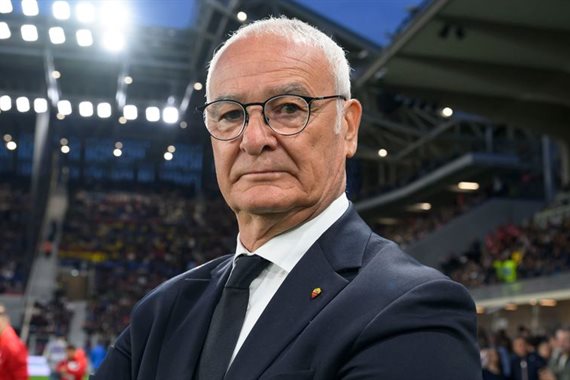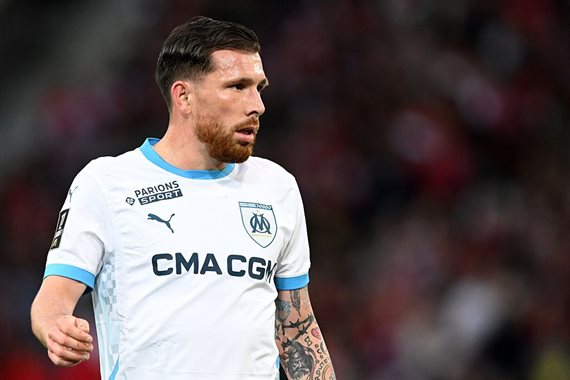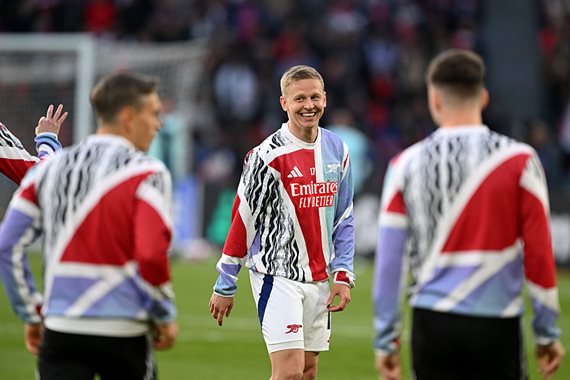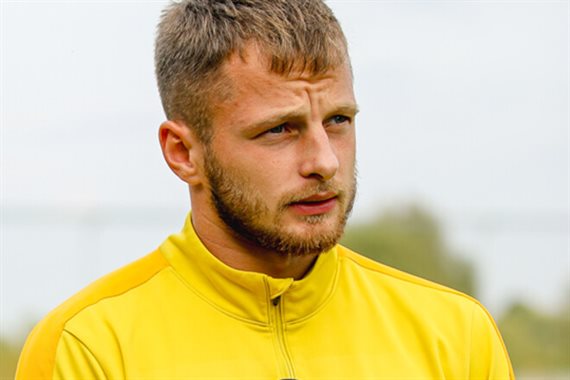ARTICLE AD BOX
On May 30, the last day of Poland’s presidential campaign, Karol Nawrocki laid flowers at a monument that has long sparked controversy.
The 14-metre tall statue commemorating the Volhynian massacre depicts a crowned eagle, the symbol of Poland, with a cross shape cut out from its chest. In that cross, a child’s body is impaled on a trident, representing the Ukrainian coat of arms, the “tryzub”.
The statue was revealed in July 2024 in Domostawa, a village in southeastern Poland close to Ukraine’s border. It commemorates the ethnic cleansing of Poles by the Ukrainian Insurgent Army in the Polish-Ukrainian borderland between 1943 to 1945. While statistics vary, it is assumed that between 40,000 and 100,000 people perished in the massacre.
But before Domostawa accepted the monument, several cities, including Rzeszow, Torun and Stalowa Wola, refused to host it due to the brutality of the sculptor’s vision and in order not to damage relations with Ukraine.
 In Domostawa, Poland, a memorial to the victims of the 1940s massacre in Volhynia and eastern Galicia stirred controversy [File: Getty Images]
In Domostawa, Poland, a memorial to the victims of the 1940s massacre in Volhynia and eastern Galicia stirred controversy [File: Getty Images]To Nawrocki, formerly the head of the Institute of National Remembrance, a state research institute, the scene felt like the place to end his presidential bid.
“The Volhynian Massacre was a cruel crime. The methods of murdering Poles were cruel. It was a neighbourly crime, because neighbours murdered neighbours. It was also a robbery, because Ukrainian nationalists often robbed their neighbours,” Nawrocki said.
“We have the right to talk about it. I have the right to talk about it as the president of the Institute of National Remembrance and I will have this right as the president of Poland after June 1.”
Dear President @ZelenskyyUa, thank you for your message. I am looking forward to countinue partnership of our countries, based on mutual respect and understanding. I believe it requires not only good dialogue but also solving overdue historical issues. Poland has been Ukraine's…
— Karol Nawrocki (@NawrockiKn) June 3, 2025
During his ultimately successful campaign, President-elect Nawrocki, a nationalist, said that Poles should have priority in queues for doctor’s appointments and called to limit Ukrainians’ access to benefits. He also said he was against Ukraine joining NATO and the European Union, a stark contrast from Poland’s traditional position of support as Kyiv fights off Russian forces.
Warsaw’s support, Nawrocki believes, should depend on Ukraine making amends for the Volhynian massacre, which could include the exhumation of Polish victims.
Following the start of Russia’s full-scale invasion in early 2022, Poland, under the rule of the Law and Justice – or PiS – party, which supported Nawrocki, accepted more than a million Ukrainian refugees and backed Ukraine with weapons as Kyiv’s other European allies, such as Germany, hesitated.
Thousands of Poles hosted Ukrainians in their homes as Poland became the loudest pro-Ukrainian voice in the EU and NATO.
But while PiS has a long history of supporting Ukraine throughout its revolutions in 2004 and 2014, and following the Russian onslaught, anti-Ukrainian rhetoric is now taking hold.
‘Playing the anti-Ukrainian card’
In the first round of the presidential election, 51 percent of Poles voted for candidates who had touted positions at odds with Ukraine’s ambitions. Even the liberal candidate from the Civic Platform, Rafal Trzaskowski, suggested that Ukrainians who do not pay taxes should be deprived of child benefits.
According to research by the Mieroszewski Centre, in 2022, 83 percent of Ukrainians had a positive opinion of Poles, but by November 2024, this number fell to 41 percent.
In January 2025, 51 percent of Poles said that Ukrainian refugees receive too much support. Almost half of respondents said that difficult historical issues should be solved to improve Polish-Ukrainian relations.
Research published in February 2025 by CBOS found that just 30 percent of Poles had a positive attitude towards Ukrainians, down from 51 percent in 2023, while 38 percent had a negative attitude towards their Ukrainian neighbours, up from 17 percent in 2023.
“I think that Poland should continue its support for Ukraine, but I am disappointed with the position of the Ukrainian state. If not for Poland’s strong and decisive reaction at the beginning of the full-scale invasion, which encouraged Europe’s support, Ukraine would not survive. And then in front of the United Nations General Assembly, Ukraine’s president compared Poland to Russia,” said Nawrocki voter Michal, a 33-year-old travel guide.
“Ukrainians never showed any remorse for the Volhynian massacre. And I find it unacceptable that figures like Stepan Bandera and Roman Shukhevych, who are responsible for massacres of Poles during World War II, are considered Ukraine’s national heroes,” Michal added, referring to the Ukrainian nationalist leaders and Nazi collaborators.
The Ministry of Foreign Affairs of Ukraine considers the decision of the Sejm of the Republic of Poland to establish 11 July as a Day of Remembrance for the victims of the so-called “genocide committed by the Organization of Ukrainian Nationalists (OUN) and the Ukrainian… pic.twitter.com/c5nu1hPaDl
— MFA of Ukraine 🇺🇦 (@MFA_Ukraine) June 5, 2025
Michal’s views are not uncommon.
Meanwhile, grudges against Ukrainian refugees have swelled.
“In February and March 2022, in a few weeks, Poland became a country that was no longer culturally uniform. For many Poles, who had no experience of diversity, the very fact that suddenly their neighbours spoke a different language became difficult to accept,” said Rafal Pankowski from the antiracism Never Again association.
Currently, more than 50 percent of Poles declare solidarity with Ukrainian refugees, down from 90 percent in 2022, he said, citing his organisation’s polling data.
“One of the reasons why support for Ukrainians has fallen is right-wing propaganda and conspiracy theories spread on social media. We have been monitoring the situation since the beginning of the war, and it has been clear that in the long run, playing the anti-Ukrainian card will bring the far right political benefits. And this is what happened in this campaign.”
Igor Krawetz, a Ukrainian commentator who has lived in Poland for almost 20 years, said that he is surprised at the speed of the shift. Two years ago, open hostility towards Ukrainians was viewed as inappropriate, even among the right, he said.
“Polish anti-Ukrainian xenophobia is no longer limited to spaces where Ukrainian migrants compete with Poles, such as low-skilled jobs. Now xenophobia is expressed by the middle class, too, who see that Ukrainians moved businesses to Warsaw, buy expensive apartments and are no longer poor people that need the Poles’ support,” he added.
The shift brings back memories for Krawetz.
Polish solidarity with Ukraine ended in disillusionment and mutual accusations in 2004, when Poles supported Ukraine’s Orange Revolution and in 2014, after the Euromaidan.
“Poles have got used to seeing Ukraine’s misfortunes as their own pain. For the past 20 years, during crises, there have been romantic waves of brotherly support that lasted for several months and were always followed by complaints: ‘I helped you in 2022 and you still haven’t won the war’ type of thing,” Krawetz said.
“I have survived the first and second wave of solidarity with Ukraine. I will survive the last one, too. It always comes back full circle.”

 3 weeks ago
21
3 weeks ago
21








 English (US) ·
English (US) ·